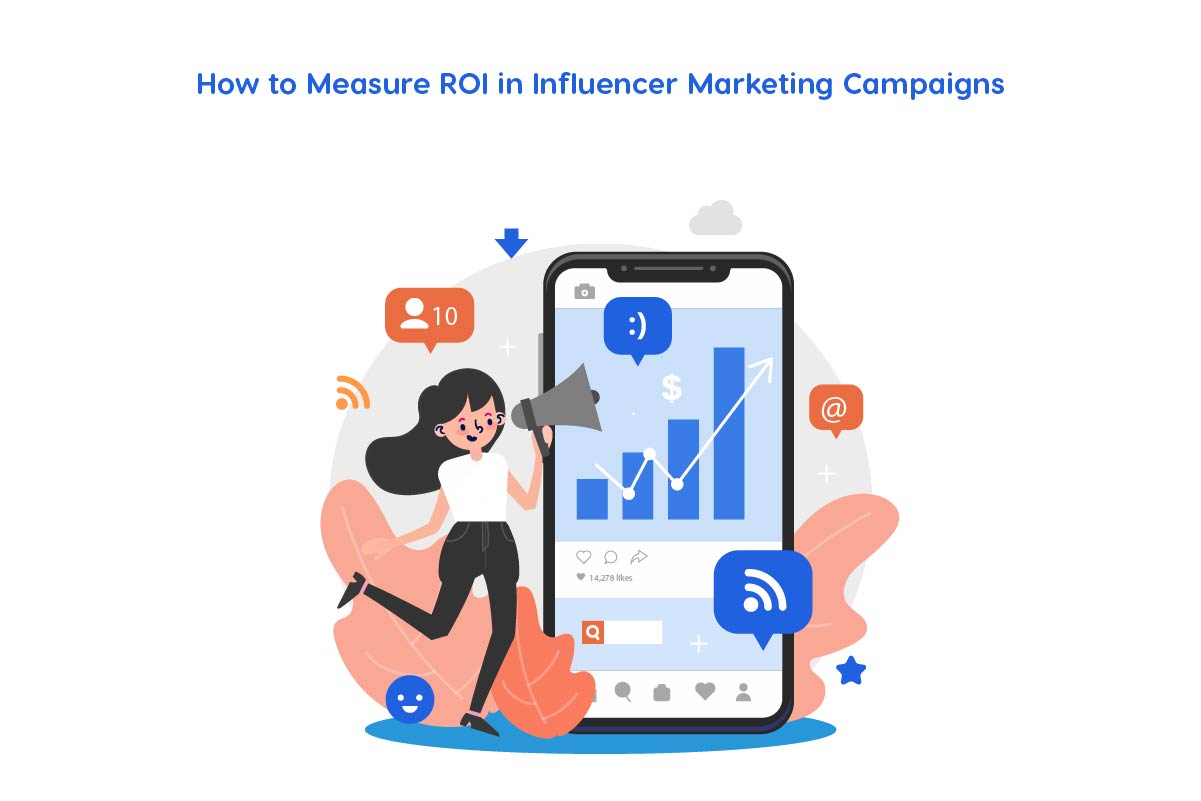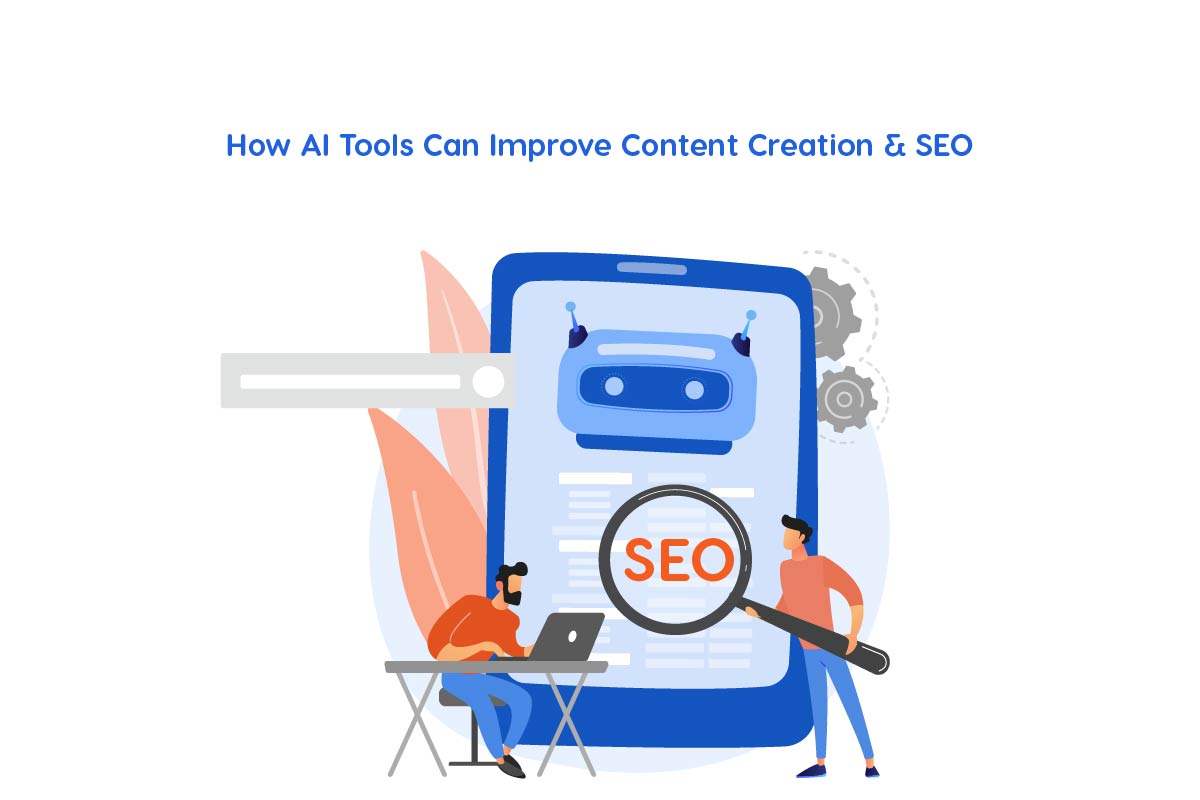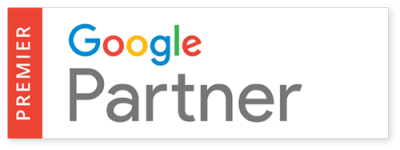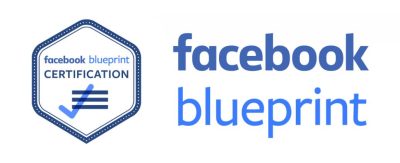What Exactly Is Content Writing?
Developing, creating, and editing web material is known as content writing and is often done for digital marketing goals. Creating content for specific platforms, such as tweetstorms on Twitter or text posts on Reddit, can include:
- Authoring blog posts and articles.
- Scripts for videos and podcasts.
- Content for blogs and websites.
As the content that draws visitors to your site and hopefully encourages them to return for more, blog articles are undoubtedly the most crucial aspect of your website. Most individuals agree that a good blog offers consistent, pertinent content. It doesn’t matter whether it’s educational, newsworthy, or amusing as long as it improves readers’ lives somehow.

Four Crucial Components of a Great Blog Post
- An eye-catching headline.
- An excellent blog post will only cover one subject, tale, or thought. That is a compelling lead sentence
- You’re aware of how important first impressions are. Interesting arguments in support. The article’s main body is presented here.
- A solid call to action.
Observations to Make when Writing Content
It can be challenging to engage readers with fascinating website material. Most website visitors won’t stay on a page for more than a few seconds before moving on. The secret to overcoming these odds is effective website writing. Web-optimized content that is well-written gets to the top of search results and keeps readers interested.
The modern reader needs sentences that are 35 words or less in length. Therefore, accessible and straightforward-to-read website material will inevitably appeal to a larger audience. Make sure to use verbs and nouns. When “calm” or “confused” would suffice, avoid using adjectives like “equanimity” or “obfuscate.”
Only occasionally, use adverbs and adjectives. It’s helpful to see how your texts rank with an online readability tool if you’re unsure how to evaluate your writing. Most widely used models are based on how long words and sentences are in a text. Everyone can use the internet, not just technology experts. Therefore, make sure that the material is clear to the educated non-specialist.
Spelled-out acronyms should be used first. Keep your words formal. Describe obscure or complicated terminology. Moreover, include connections to other articles where readers can find more background material on a specific subject.
Emphasize the sentence’s topic and use active verbs rather than passive ones. Sentences in active voice tend to be brief and reader-friendly. Additionally, speaking directly to your audience by saying, “You can do it,” is more engaging than saying, “It can be done.” The majority of non-scientific writing uses active voice.
Making most of your sentences active helps readers understand what you’re saying while preventing overly long or complex sentences. Even in scientific writing, using the passive voice excessively can make your sentences difficult to understand. Engaged writing has a better flow and is simpler to understand. By emphasizing the statement’s subject using the direct voice, the sentence becomes clearer and shorter.
A web site’s excellent feature is how simple it is to guide visitors from one page to another. Link specific terms or phrases to other relevant resources, especially those on your website, to assist viewers in discovering more excellent content. This will encourage visitors to stay on your site and engage with its content. Users can personalize the report according to their preferences. For instance, they can obtain a piece of specific information if they so choose. They are not required to examine it if they don’t. Users can return to a report later if they need the detail after all because the layers are always available.
You can produce high-quality material if you have a firm understanding of the subjects and the most recent advances in the industry. First, it would be best if you considered the scope of your knowledge to grasp that. Next, it would help if you worked hard to make your knowledge accessible to general audiences. Finally, it would be best if you researched to determine what information your audience needs. To identify gaps in the data, evaluate the information available on the other sites. Your writing should leave readers with at least one new idea, thought, or piece of information. This demonstrates how well-versed you are on the subject.
The presence of new content on your website demonstrates your commitment to actively educating users. Visitors prefer to read content that is often updated rather than some two years outdated information. Make sure the content is original as well. On the web, unique material sticks out. Refrain from stealing ideas from other sources. You risk losing your reputation as a reliable information source among visitors. Search engines strictly forbid the same material, and even a few pages of it on your website can harm how you rank in search results.
Your blog post’s headline is one of its most important components. Therefore, take your time and make it compelling by polishing it. When developing great content, headlines are the single most crucial component. Why? Considering that headlines impact whether or not your intended audience will read your post. The only way to entice an Internet user to become a potential reader is with a compelling headline.
The headlines’ primary purposes are not exclusive of one another. Many headlines try to condense, pique curiosity, meet needs for immediate information, and focus attention. In addition, the headline serves as the first impression of a news story.
Using brief paragraphs is the best technique to expand your text and add white space. Your writing will become friendlier and simpler to read as a result. Reader engagement is maintained when content is divided into easier-to-digest chunks of sentences. Shorter sections with white space are more aesthetically pleasing to readers than long blocks of text on a page.
Less complicated sentences and paragraphs are more likely to be error-free. It is best to omit superfluous words that don’t contribute to the impact or meaning of the sentence or paragraph. Most business communication specialists advise writing with an average sentence length of between 20 and 25 words.
Your choice of how to end the article is up to you. Here is where the distinction between good and great content can be made. A reasonable content conclusion recaps the details, whereas a fantastic one says, “So what?” Including one extra piece of advice will be beneficial. A research paper, essay, or another piece of writing’s conclusion summarizes the entire document.
The conclusion paragraph should repeat your thesis, highlight the significant points you made in favor of it, and provide your assessment of the main idea.
Conclusion
People are always willing to share quality stuff. Make sure that the appropriate audiences are receiving your material. This can be accomplished by utilizing high search volume keywords, creating an attention-grabbing headline, and crafting opening paragraphs that encourage the reader to read the rest of your article or blog. A compelling blog post on social media will almost always be shared, making it stand out from the content crowd.
Building a relationship with your audience through content creation encourages them to return for more. Never undervalue the power of well-written content because it can significantly impact your entire campaign. The top marketing communication firms claim that content writing may make or break your brand. Thus, businesses put more work into it.





